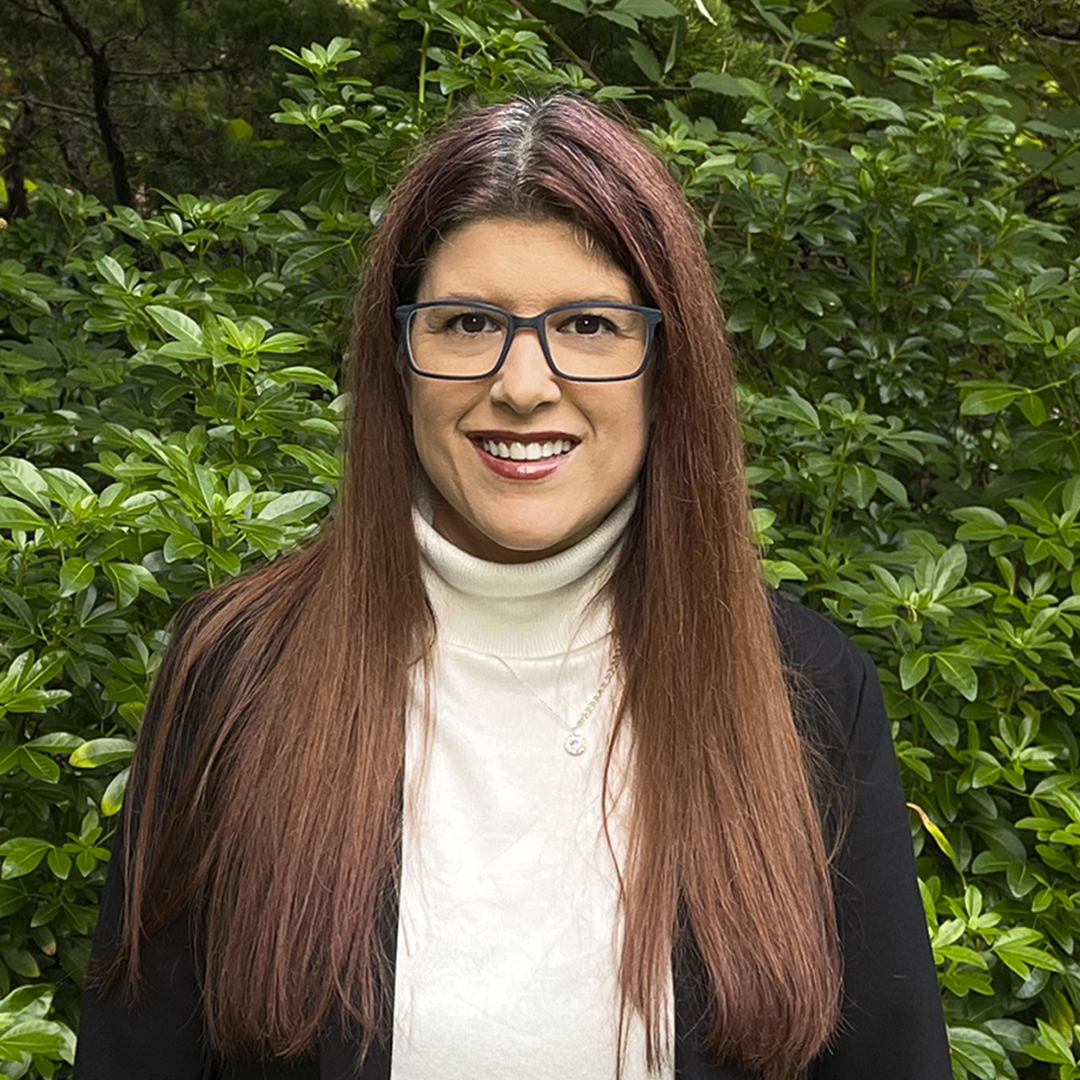Understanding the Differences Between Dental Assistants and Hygienists

In the dynamic landscape of a thriving dental practice, every team member plays a crucial role. However, a common point of confusion, even among seasoned professionals, can be the distinct responsibilities and qualifications of Dental Assistants (DAs) and Registered Dental Hygienists (RDHs). Understanding these differences isn’t just academic; it’s fundamental to building an efficient, compliant, and patient-focused team.
As leading Dental Professionals in staffing, we’ve seen firsthand how clarity in these roles can transform a practice. Let’s break down what sets these invaluable professionals apart.
The Dental Assistant (DA): The Dentist's Right Hand
Dental Assistants are the versatile backbone of daily operations, providing essential support to dentists, hygienists, and patients. Their work ensures that procedures run smoothly and efficiently.
Key Responsibilities & Focus:
- Chairside Assistance: Directly assisting the dentist during procedures by passing instruments, managing suction, and anticipating needs.
- Patient Preparation & Comfort: Preparing patients for treatment, explaining procedures, and ensuring their comfort.
- Radiography: Taking and developing dental X-rays (often requiring specific certification).
- Impressions & Lab Duties: Taking dental impressions, pouring models, and performing basic laboratory tasks as permitted by state regulations.
- Sterilization & Infection Control: Maintaining a sterile environment by sterilizing instruments and adhering to strict infection control protocols – a cornerstone of patient safety.
- Record Keeping & Administrative Tasks: Updating patient records, scheduling appointments, and managing patient flow.
Education & Training: The path to becoming a DA can vary. Many complete accredited programs (typically 6 months to 2 years) leading to a certificate or diploma. Some states require specific registration or certification, such as the Certified Dental Assistant (CDA) credential offered by the Dental Assisting National Board (DANB).
The Registered Dental Hygienist (RDH): Champions of Preventive Oral Health
Registered Dental Hygienists are licensed oral healthcare professionals primarily focused on preventive dental care and patient education. They operate with a greater degree of autonomy in their specific scope of practice.
Key Responsibilities & Focus:
- Prophylaxis (Cleanings): Performing professional dental cleanings to remove plaque, tartar, and stains.
- Scaling and Root Planing: Providing non-surgical periodontal therapy for patients with gum disease.
- Oral Health Assessments: Screening patients for signs of oral cancer, gum disease, and other dental problems.
- Patient Education: Instructing patients on proper oral hygiene techniques, nutrition, and the importance of regular dental visits.
- Fluoride & Sealant Application: Applying preventive materials to protect teeth from decay.
- Radiography: Taking and interpreting dental X-rays.
- Local Anesthesia Administration: In many states, RDHs are licensed to administer local anesthesia.
Education & Licensing: Becoming an RDH requires completing an accredited dental hygiene program, typically an Associate’s degree (though Bachelor’s and Master’s degrees are also available). Graduates must then pass national written examinations and state or regional clinical board examinations to become licensed. The American Dental Hygienists’ Association (ADHA) is a key professional organization for RDHs.
At-a-Glance: Dental Assistant vs. Dental Hygienist
Feature | Dental Assistant (DA) | Registered Dental Hygienist (RDH) |
Primary Focus | Dentist & operational support, patient preparation | Preventive care, patient education, direct patient treatment |
Education | Certificate/Diploma (often), on-the-job training | Associate’s/Bachelor’s degree |
Licensing | Varies by state (may require registration/certification) | Required in all states |
Key Duties | Chairside assist, sterilization, X-rays, impressions | Cleanings, scaling, oral health assessment, X-rays |
Autonomy | Works directly under dentist supervision | More autonomy within their scope of practice |
Why Understanding These Differences Matters for Your Practice
A clear understanding of DA and RDH roles is paramount for:
- Efficient Workflow: Assigning tasks appropriately maximizes productivity and minimizes downtime.
- Legal Compliance: Ensures all procedures are performed by qualified and legally permitted personnel according to state dental practice acts.
- Optimal Patient Care: Leverages the unique skills of each professional to provide comprehensive and high-quality patient experiences.
- Team Cohesion: Reduces role ambiguity and fosters a collaborative environment.
- Strategic Hiring: Helps you identify and recruit the right talent for your specific practice needs.
Building Your Dream Dental Team with Dental Professionals
Finding the right DAs and RDHs who not only possess the requisite skills but also fit your practice culture can be challenging. That’s where Dental Professionals steps in. We specialize in connecting exceptional dental talent with leading practices.
Whether you need Direct Hire for a permanent addition to your team, Temp Staffing to cover absences or busy periods, or a Temp To Hire arrangement to ensure the perfect fit, we have the expertise and network to support you.
We proudly serve practices across various regions, understanding the unique needs of dental offices in:
- Benton, Chelan, Douglas, Grant, Kittitas, Klickitat, Okanogan, and Yakima Counties
- Spokane, Ferry, Stevens, Pend Oreille, Lincoln, Adams and Whitman Counties
- Oregon and the Greater Portland Area
- The Puget Sound region
- Greater Seattle
Our expertise spans all Practice Types, from bustling Private Practices and growing DSOs to Corporate dental groups and specialized fields like Orthodontics, Periodontics, Endodontics, and Pediatric Dentistry, as well as vital Community Health and Public Health Dental Clinics.
Conclusion
Both Dental Assistants and Dental Hygienists are indispensable to the success of any dental practice. By appreciating their distinct roles, education, and contributions, you can build a more synergistic, efficient, and patient-centered team.
Ready to find the perfect DA or RDH for your practice? Contact Dental Professionals today and let us help you build your ideal dental team!

